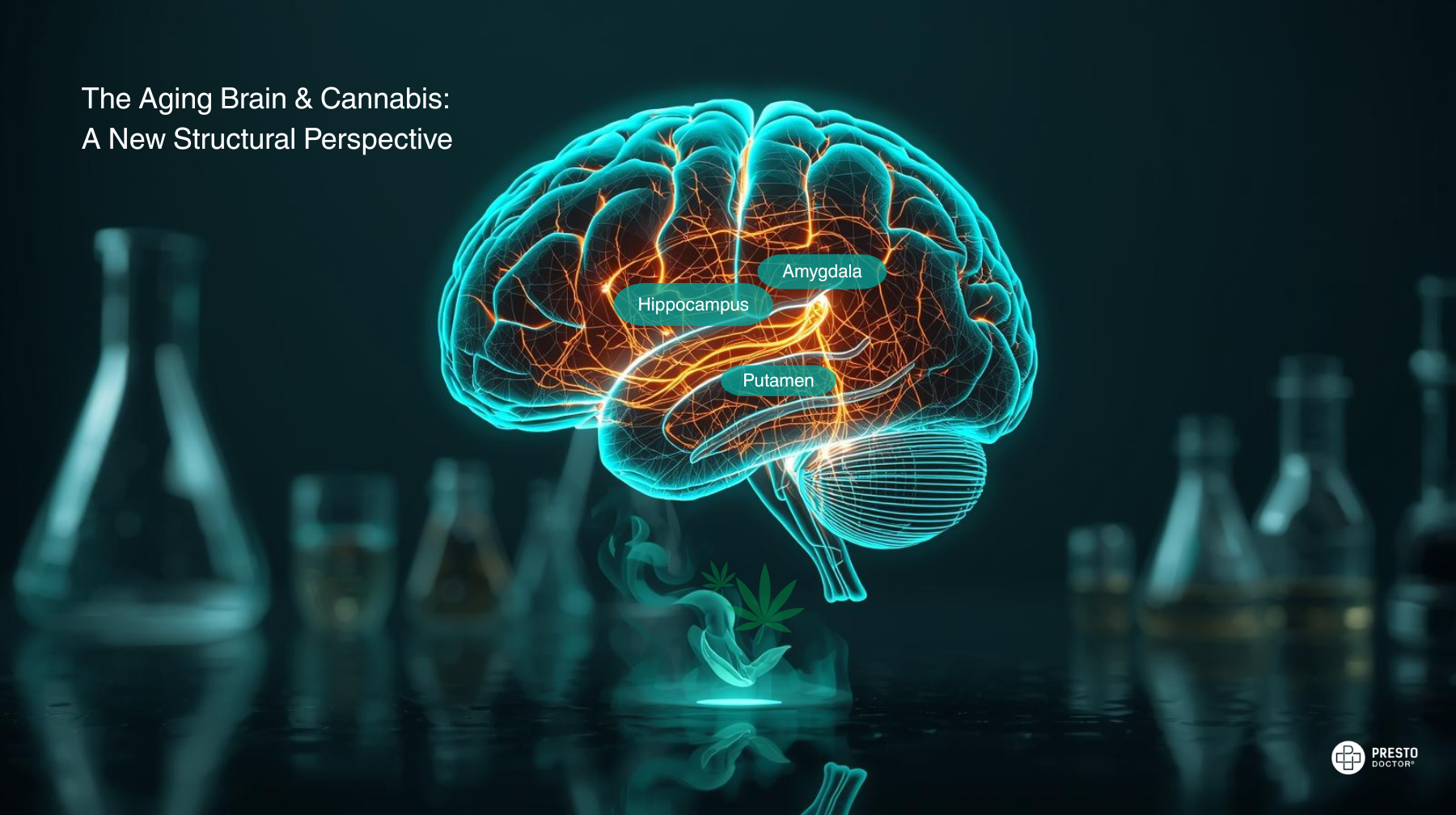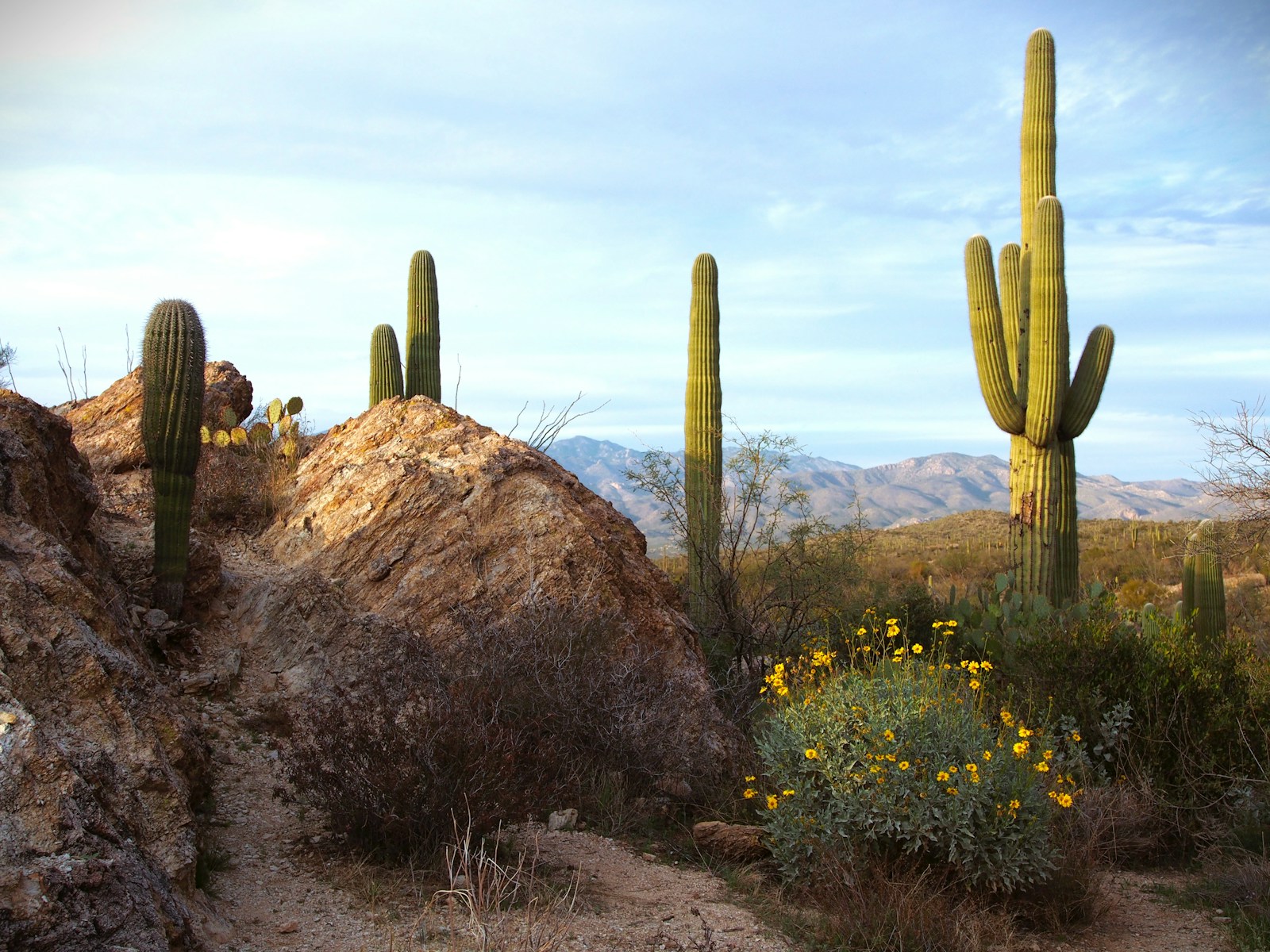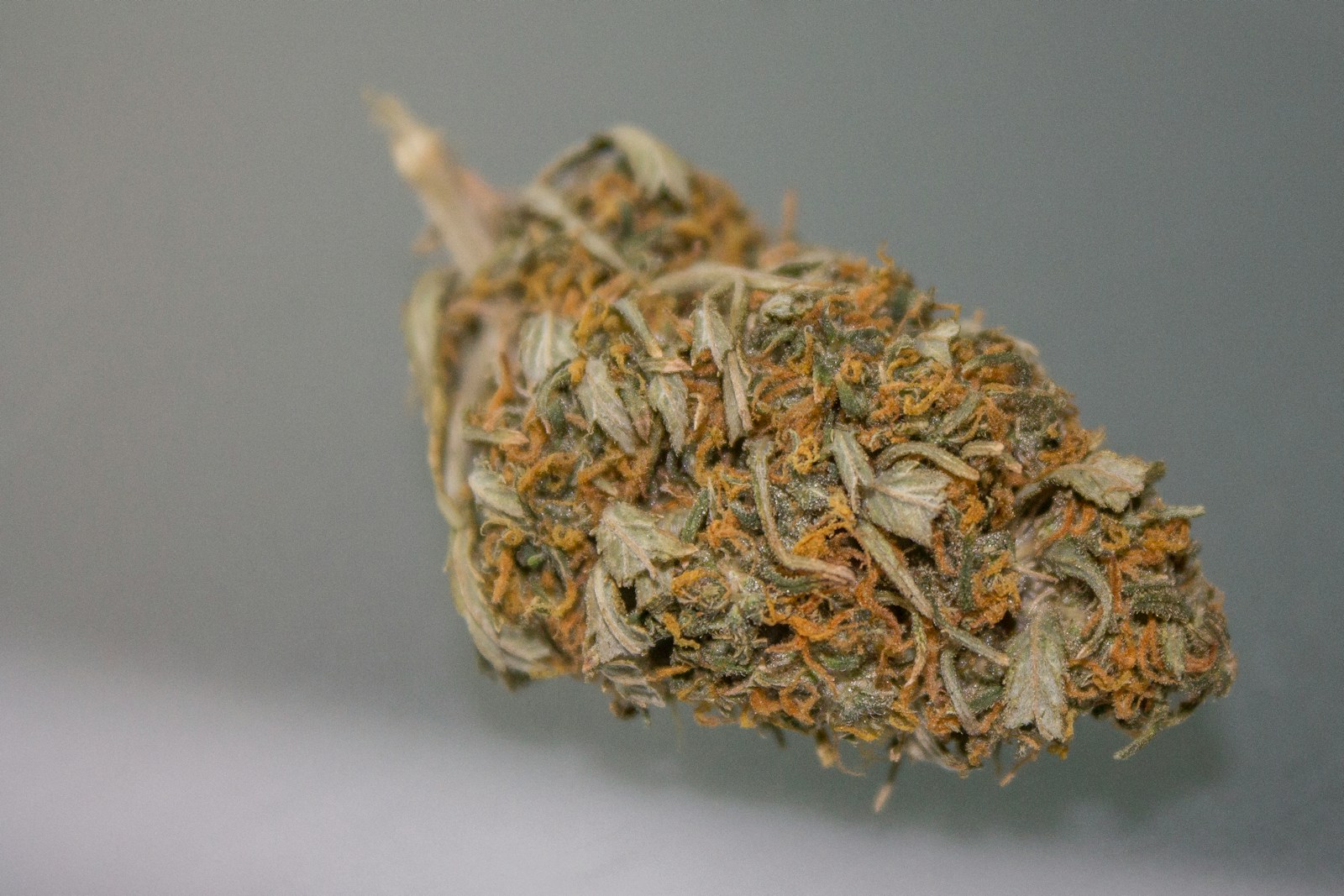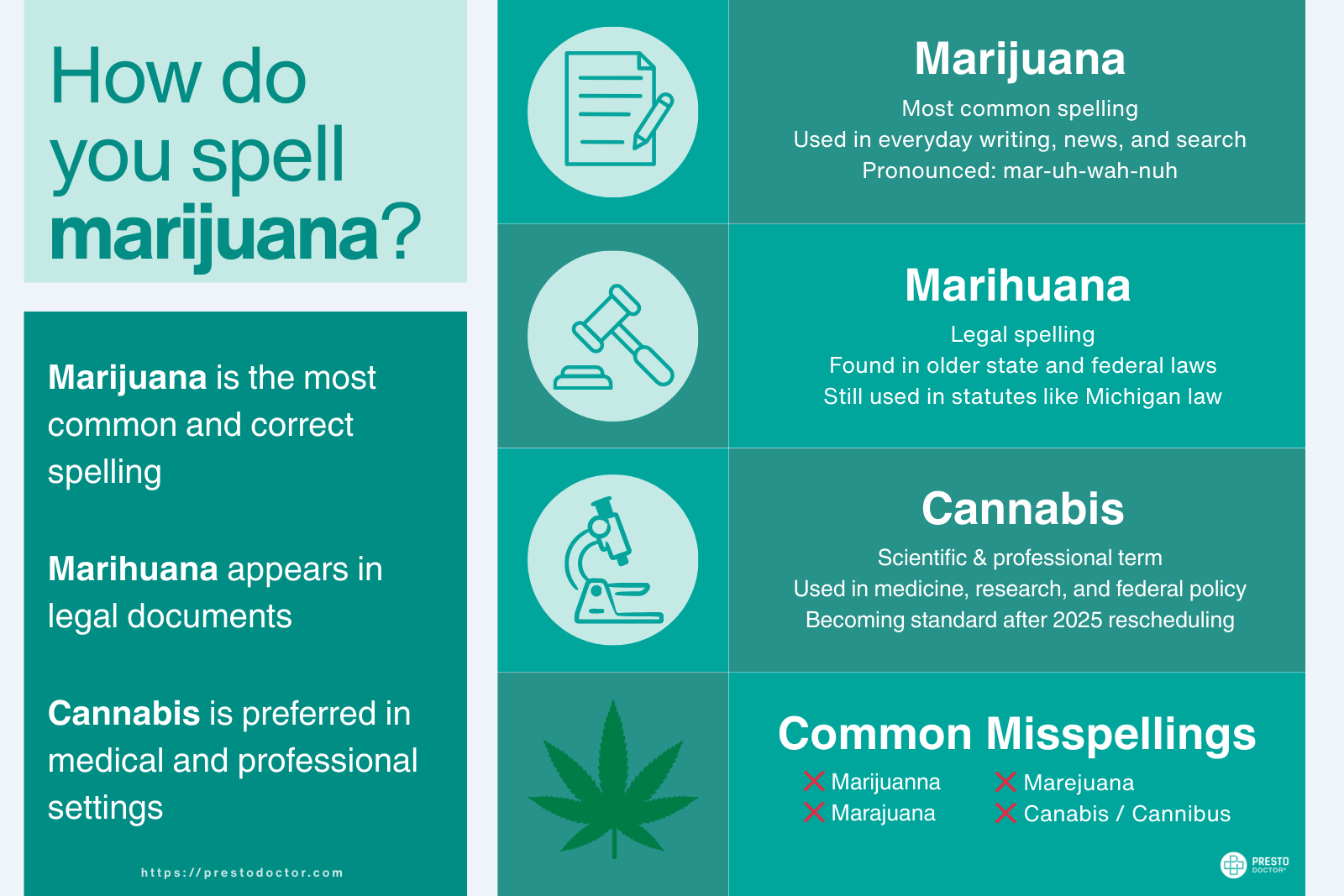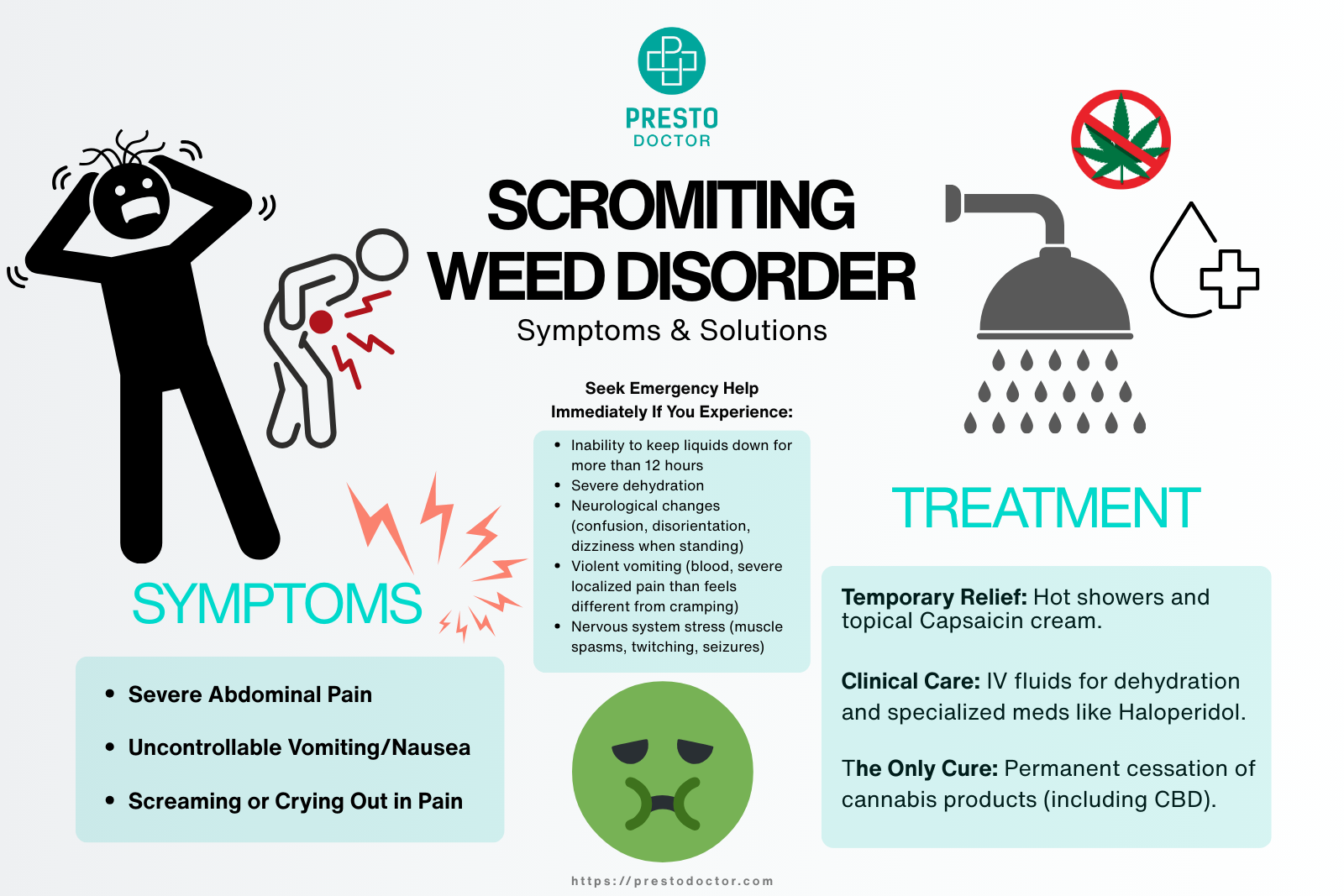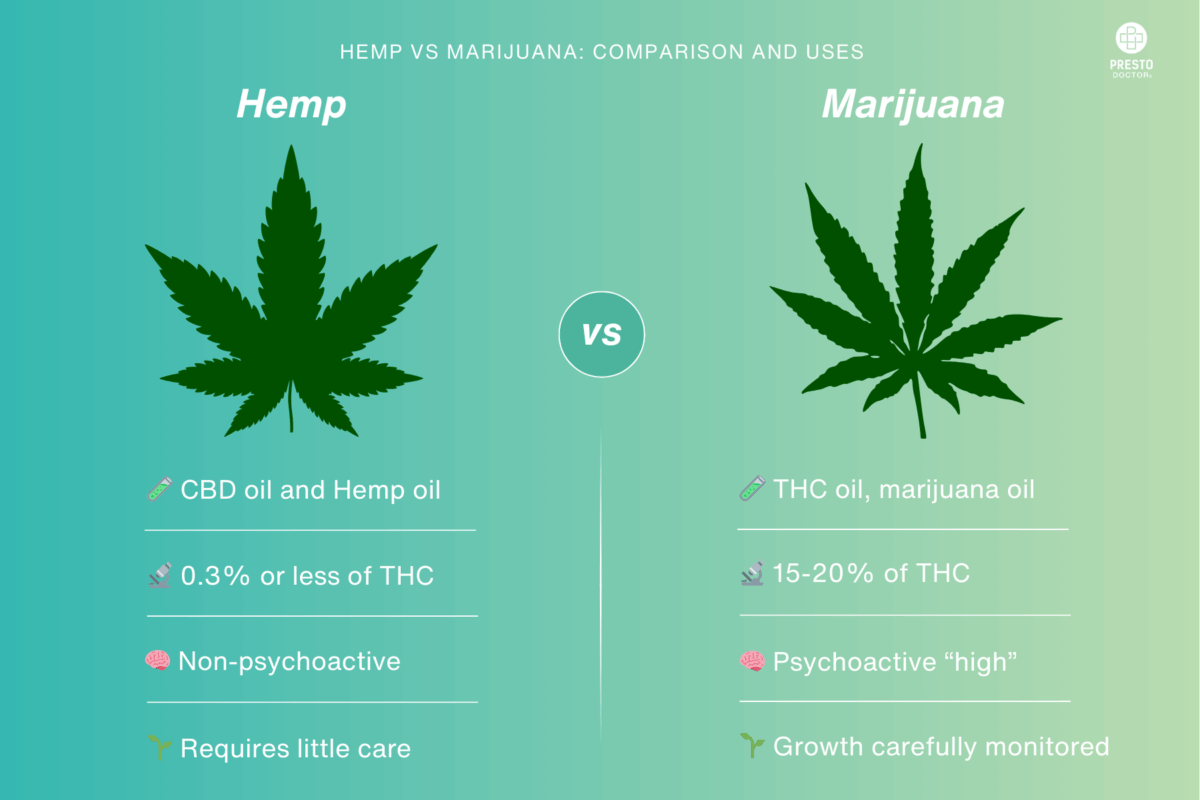
Is Hemp The Same As Weed?
No — although both are Cannabis sativa plants, hemp has less than 0.3% THC and does not cause a high, whereas “weed” refers to marijuana with higher THC levels. While both come from the cannabis plant, hemp contains very low levels of THC and is used mainly for industrial or wellness purposes, while “weed” refers to marijuana, which has higher THC levels and is psychoactive. Hemp and marijuana are often confused due to their shared origin in the Cannabis sativa species. However, understanding the difference between hemp and marijuana is essential to distinguish their legal status, chemical profiles, cultivation methods, and product applications. This guide offers a full Hemp and Marijuana Comparison, from THC vs CBD content, the many uses of hemp, and its environmental and economic impact.
| Feature | Hemp | Marijuana (Weed) |
|---|---|---|
| THC Content | Less than 0.3% | Typically 5–30% |
| Gets You High? | No | Yes |
| Legal Status | Federally legal | Federally illegal (some state legal) |
| Common Uses | CBD, textiles, food, paper | Recreation, medicine |
Botanical Differences Between Hemp and Marijuana
Though both come from the cannabis plant family, the growth patterns of hemp vs marijuana differ greatly. Hemp plants grow tall (up to 15 feet), with long stalks and narrow leaves. Marijuana plants are shorter, bushier, and have broader leaves. These physical traits stem from their end-use: hemp is grown for industrial uses, while marijuana is cultivated for cannabinoid-rich flowers.
Chemical Composition: THC vs CBD
In the ongoing CBD and THC difference debate, the most critical factor in the hemp vs marijuana distinction is the cannabinoid ratio. Marijuana contains high levels of THC (often over 20%), the psychoactive compound responsible for the “high.” In contrast, hemp contains less than 0.3% THC and is significantly richer in CBD (cannabidiol), which is non-psychoactive and associated with wellness benefits. This THC and CBD comparison influences both medical use and legality.
Legal Status: Is Hemp Legal?
When asking “Is hemp legal?”, it’s important to understand that hemp legality is determined by its low THC content. In the United States, the 2018 Farm Bill federally legalized hemp that contains no more than 0.3% THC. This spurred massive growth in hemp law reform and the expansion of the CBD market. However, marijuana remains federally illegal due to its higher THC levels, even though many U.S. states and countries have legalized it for medical or recreational use. The legal status of hemp continues to improve worldwide, while marijuana still faces restrictions in many jurisdictions.
Cultivation and Environmental Impact
In agriculture, hemp is a sustainable crop. It requires less water, fewer pesticides, and grows in a variety of climates. Its deep roots improve soil health, and it grows quickly—qualities that support its reputation as an eco-friendly alternative to other crops. Hemp cultivation is efficient, scalable, and beneficial for the planet. Marijuana cultivation, especially for high-THC strains, usually requires more controlled environments like indoor farms with artificial lighting, which increases water and energy consumption. Thus, the environmental impact of marijuana tends to be more intensive unless sustainably managed.
Uses of Hemp: A Versatile Natural Resource
One of the greatest hemp benefits is its versatility. Hemp use spans numerous industries, including:
- Textiles and clothing
- Paper and biodegradable packaging
- Construction materials (hempcrete)
- Cosmetics and skincare (hemp oil)
- Food products (hemp seeds, hemp protein)
- CBD wellness products (tinctures, balms)
These hemp applications contribute to its rising demand in sustainability and health-focused markets. The list of hemp uses and benefits continues to grow as industries look for greener materials.
Medical Uses of Marijuana
Marijuana’s medical use is well-documented, particularly in pain relief, anxiety management, and seizure disorders. Certain strains balance THC and CBD to create targeted effects for patients with chronic illnesses.
Public Perception: Hemp vs Weed Confusion
There’s persistent public confusion around “hemp vs weed”. Although hemp contains no psychoactive effects, many still ask: Is hemp and marijuana the same thing? The short answer is no. But hemp’s close visual resemblance to marijuana has led to stigma, enforcement issues, and public misunderstanding. Ongoing education is essential to clarify the hemp vs marijuana difference.
Future Outlook: Hemp and Marijuana Industries
The future for both hemp and marijuana is promising. Hemp innovation is fueling sustainability efforts in construction, plastics, and nutrition. Meanwhile, the marijuana industry is expanding with legal markets, scientific research, and new products. As legislation evolves, so will investment, technology, and education in both fields.
FAQs: Hemp vs Marijuana
The main difference is THC content. Hemp has less than 0.3% THC and no intoxicating effects. Marijuana contains higher THC levels and causes a high.
No. Hemp contains negligible THC, which is not enough to produce psychoactive effects.
Yes, under the 2018 Farm Bill, hemp is federally legal in the U.S. as long as it contains no more than 0.3% THC.
Hemp uses include textiles, biofuel, food products, skincare, and wellness items such as CBD oils.
Hemp can support wellness through its nutrients and CBD content. Hemp seeds are rich in omega-3s and protein, while hemp-derived CBD may help with inflammation, anxiety, and pain—without psychoactive effects.
Hemp is a variety of the cannabis plant that contains minimal THC. In the past, it was typically under bans due to its association with marijuana, but is now legal in many countries if it contains less than 0.3% THC.
Hemp is not typically used as a drug. Hemp has many uses industrially and medicinally, primarily for making textiles, food products, and non-psychoactive CBD wellness products.
Most hemp-derived products contain trace or no THC and typically won’t trigger a positive drug test. However, high doses or unregulated products could contain enough THC to be detectable.
Hemp does not cause a high. Some users report feeling relaxed or calm when using hemp-derived CBD, but there are no intoxicating effects like with marijuana.
Hemp-derived CBD may help promote better sleep for some individuals by reducing anxiety and supporting relaxation, but it does not cause sedation or a high.

